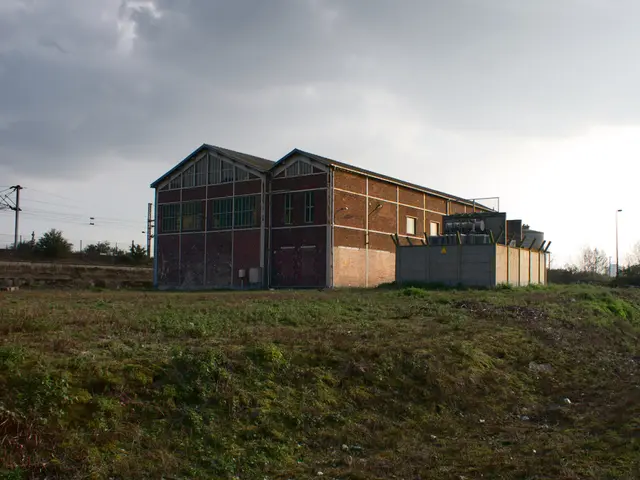iSLP Project Revolutionizes EV Charging, Saving Costs and Emissions
A groundbreaking project, 'iSLP', is transforming electric vehicle (EV) charging to save costs and reduce emissions. The concept, developed by a consortium including Fraunhofer ISI and P3 Group, involves recording deviations between actual electricity consumption and standard load profiles in the differential balancing market.
The project, supported by the German Federal Ministry of Transport and the EU, aims to create long-term opportunities for intelligent charging infrastructure. The German Association of the Automotive Industry (VDA) backs this initiative, advocating for widespread public fast-charging infrastructure to boost electric mobility.
A pilot project by TransnetBW, Audi, and IE2S demonstrated the potential. It reduced electricity costs by 62% and CO2 emissions by 36% through intelligent charging, without smart meters or dynamic electricity tariffs. The system analysed usage profiles of EVs in a vehicle pool, determining available flexibility without compromising user comfort.
The iSLP project shifts EV charging to times of low electricity prices and high renewable generation. Network operators compare actual electricity consumption with the usual standard load profile for accurate billing. The project estimates potential savings of around two billion euros and one million tons of CO2 avoided per year by 2035. The available flexibility is offered on the intraday market, where electricity is traded short-term.
The iSLP project, driven by a collaborative effort, is revolutionizing EV charging. By optimizing charging times and reducing costs, it paves the way for a more sustainable and efficient electric mobility future.
Read also:
- Inverness & Cromarty Firth Green Freeport to Create 11,300 Jobs, Attract £6.5BN Investment
- Tesla-powered residences in Houston create a buyers' frenzy
- Texas-based energy provider, TXU Energy, and automotive giant, Ford Motor Company, plan to lower the expenses of electric vehicle (EV) charging at home.
- Enhancing the framework or construction of basic facilities and systems for better functionality and efficiency.








